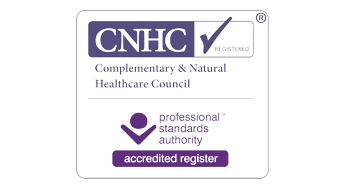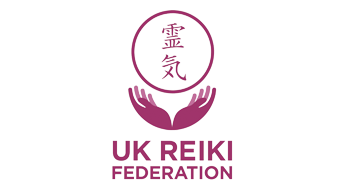Do you have a fear of flying?
25th September 2021

With the recent easing of pandemic travel restrictions, I have seen an increase in clients seeking support to help address their fear of flying.
Flying anxiety (aerophobia) is a surprisingly common phobia, is part of the spectrum of anxiety disorders and often is linked to claustrophobia, general anxiety disorder and post-traumatic stress disorder. It is mainly associated with fears and worries about what may happen, rather than the fear that may be experienced in a true emergency.
Typical fears associated with aerophobia could be:
- Claustrophobia - the fear of being in an enclosed space
- Internal loss of control - the fear of losing emotional or personal control and therefore embarrassing ourselves in front of others
- External loss of control - not being in control of flying the plane, having to trust in others to keep ourselves safe, lack of control over turbulence or bad weather
- Fear of heights
- Fear of being near others and being exposed to their germs
- Fear of possible terrorism
- Fear of noises and sensations associated with flying
Typical symptoms experienced could include:
- Anticipatory anxiety weeks/months prior to the flight
- Panic attacks
- Hyperventilating or rapid breathing
- Dizziness, sweating, fainting
- Blurred vision
- Stomach issues, nausea, diarrhoea
- Dry mouth
- Muscle tremors, shaking, tension
- Negative, fear-based thinking
So, what can you do to help yourself overcome or control this fear?
- Practice relaxation exercises: You could try to manage your anxiety leading up to the flight and during it by practising deep breathing, progressive relaxation techniques or meditation.
- Use distraction techniques: Be prepared! Prior to the journey, practice your emergency thought - focus on a peaceful image in your mind, a favourite place you have been, imagine a special place where you feel safe and relaxed. Listen to music, watch TV or read a book during the flight to help distract your thoughts away from what is going on around you.
- Practise mindfulness techniques: Such as connecting with your 5 senses, box breathing or counting backwards whilst focusing on your breathing.
- Seek professional help: Hypnotherapy can be an effective option to help you overcome your fears, reduce your anxiety levels and those fear-based thought patterns. Hypnotherapy utilises relaxation techniques and the power of positive suggestion to help you re-frame the experience in a more helpful way. I offer a three-session hypnotherapy programme, which includes hypnotherapy, counselling, psychotherapy and specific strategies and techniques to help you desensitise yourself to the phobia. Counselling and psychotherapy - it can be useful to explore your fears in a non-judgemental environment and learn new coping strategies and techniques, such as anchoring a resourceful state and grounding techniques. CBT (Cognitive Behavioural Therapy) - this type of therapy can help you understand your thought patterns, behaviours and their consequences and empower you to challenge and change them. Learning new coping strategies and techniques can prove vital tools to help you manage your anxiety during the weeks before travel, help you cope throughout the flight and view the process in a more rational and realistic way.
- Face your fear - it is proven that avoiding flying can feed the fear and make it harder to overcome. So, try some of the techniques and suggestions above, book your trip, focus on the destination and positives of your holiday/trip and board the flight!
You don’t have to let the fear of what may happen stop you from enjoying life. Any phobia can be addressed and even if you never totally enjoy the experience, you can learn to tolerate it.
“Once you have tasted flight, you will forever walk the earth with your eyes turned skyward,
for there you have been, and there you will always long to return.”
- Leonardo da Vinci






